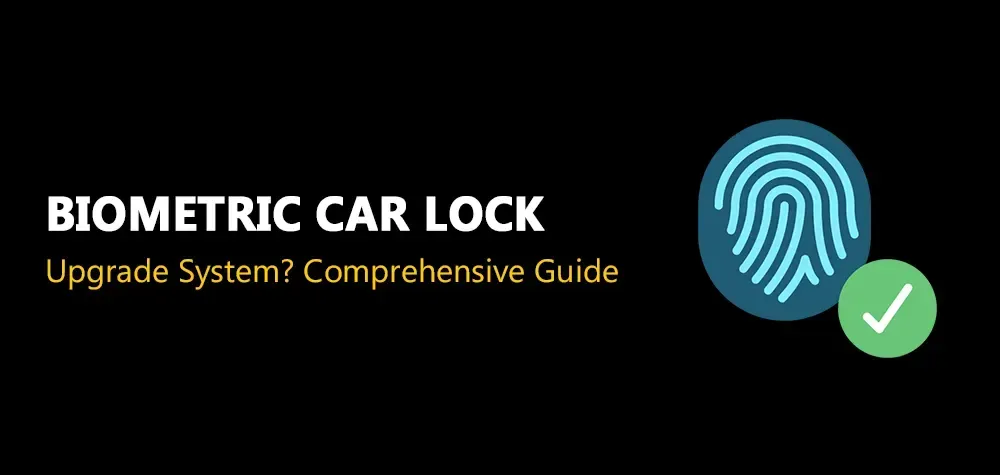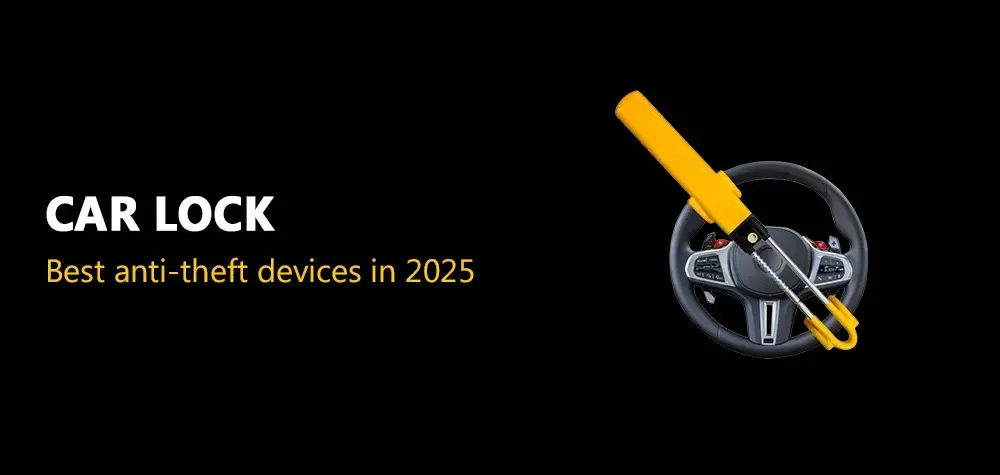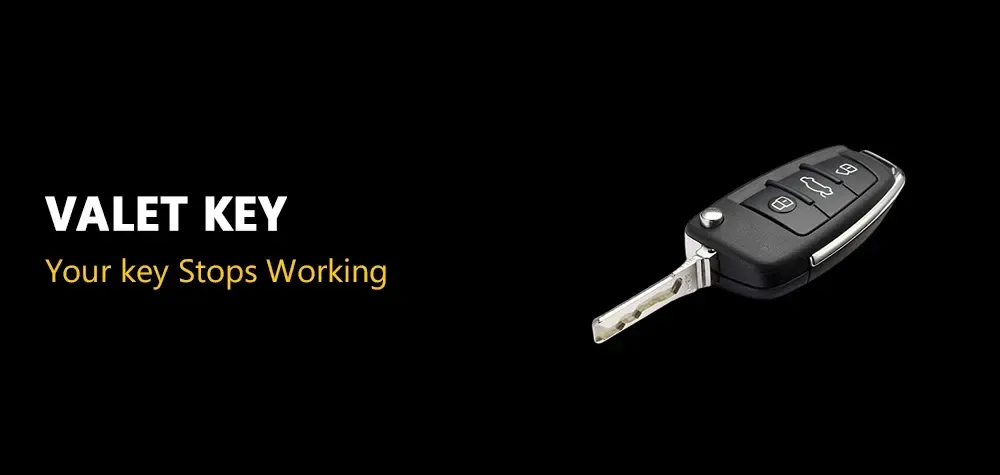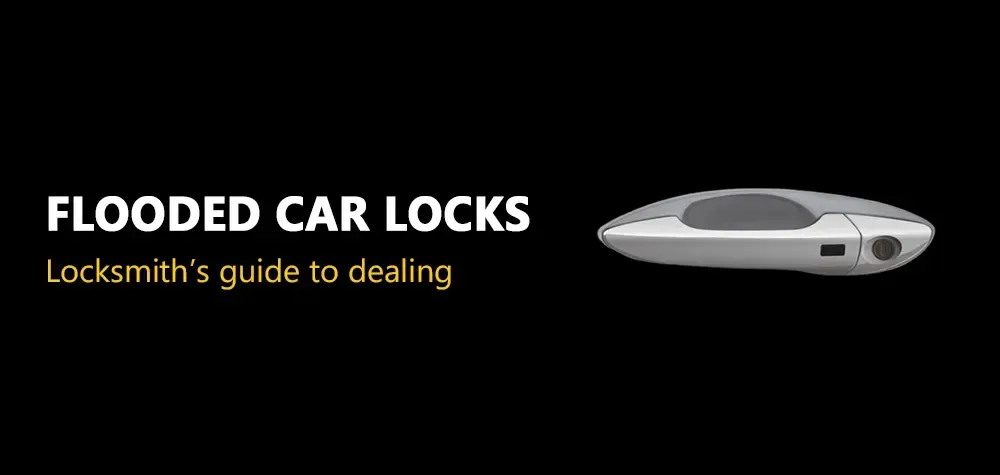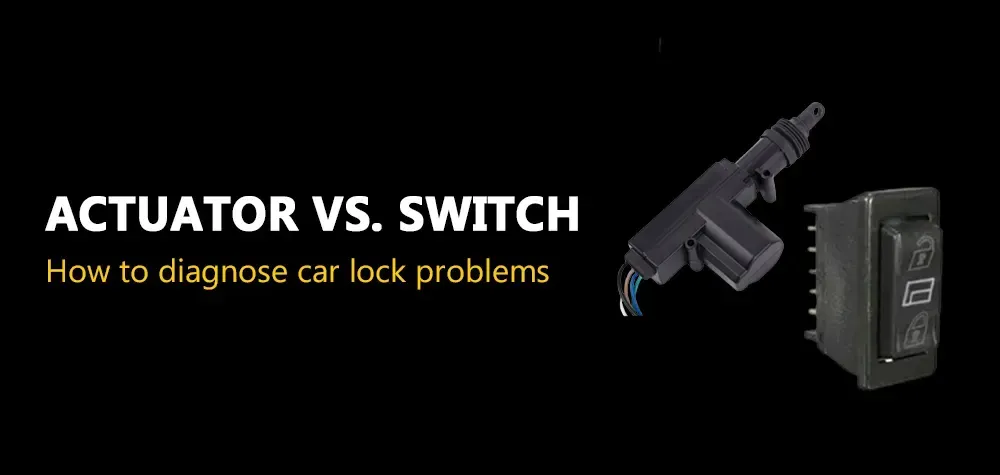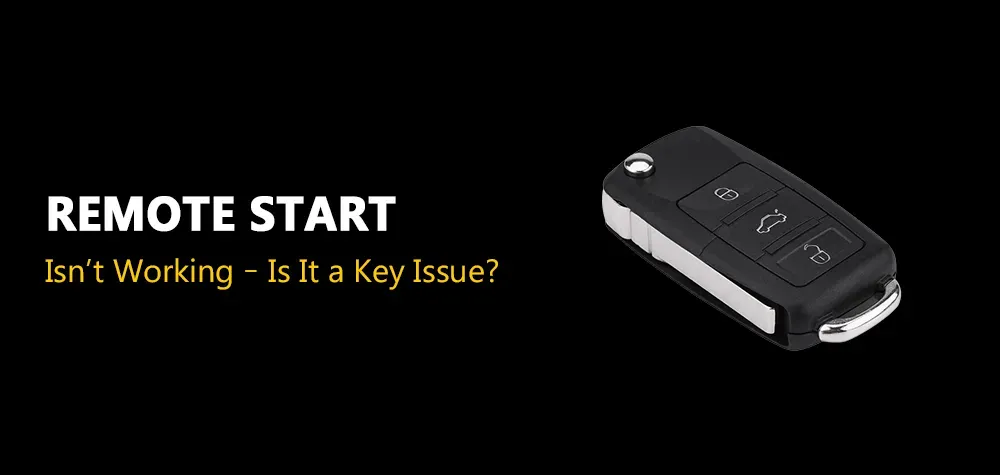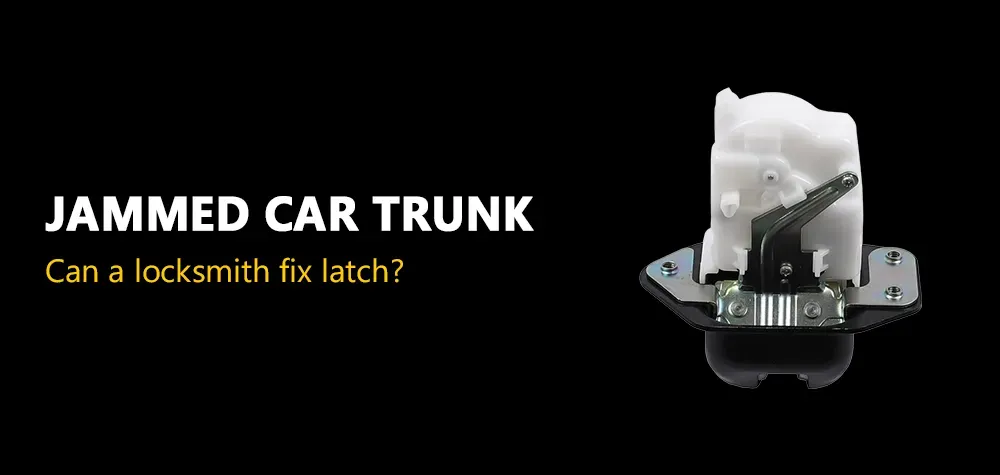Ultimate Guide to Motorcycle Key Replacement
Whether you're a seasoned rider or a novice enthusiast, the importance of your motorcycle key cannot be understated. However, the complexity of modern motorcycle keys coupled with the inevitable wear and tear they endure often leads to the need for replacement. In such instances, understanding your options for motorcycle key replacement becomes paramount.
In this comprehensive guide, we delve into the intricacies of motorcycle key replacement, offering insights into various key types, reasons for replacement, and the multitude of replacement options available. From traditional locksmith services to online solutions, we equip you with the knowledge to navigate this essential aspect of motorcycle ownership beyond the conventional routes.
Read more about Signs you should replace your locks!
Factors to Consider for Motorcycle Key Replacement
When faced with the need for motorcycle key replacement, several factors come into play, influencing the decision-making process. Understanding these factors is crucial to ensuring a smooth and efficient replacement experience. Here are the key considerations:
1. Cost Considerations
- Evaluate the cost of key replacement services offered by dealerships, locksmiths, and online vendors.
- Consider any additional fees for key cutting, programming, or emergency services.
- Compare prices across different providers to find the most cost-effective option without compromising on quality.
2. Availability of Replacement Options
- Assess the availability of replacement keys for your specific make and model of motorcycle.
- Determine whether the key type (standard, transponder, key fob, padlock key) is readily available from different sources.
- Explore alternative options if your preferred replacement key is not readily accessible.
3. Suitability for DIY Solutions
- Determine whether DIY key replacement methods, such as purchasing key blanks online or using key cutting machines, are suitable for your skill level.
- Consider the potential risks and challenges associated with DIY key replacement, including incorrect key profiles or programming errors.
- Assess the feasibility of DIY solutions based on the complexity of your motorcycle's key system and your comfort level with DIY tasks.
Read more about Best smart doorbells for your home!
Types of Motorcycle Keys
Motorcycle keys come in different types, each with its own features and functionalities. Understanding the specific type of key your motorcycle uses is essential when it comes to replacement. Here are the common types of motorcycle keys:
1. Standard Keys
- Standard keys are traditional metal keys commonly used in older motorcycle models.
- These keys typically feature ridges or grooves that align with the internal components of the lock to allow for unlocking and ignition.
- Standard keys are relatively simple in design and do not contain electronic components.
2. Transponder Keys
- Transponder keys, also known as chip keys, contain a small electronic chip embedded within the key head.
- The chip emits a unique signal that communicates with the motorcycle's immobilizer system to verify the key's authenticity.
- Transponder keys provide an additional layer of security, as the motorcycle's engine will only start if the correct transponder key is used.
3. Key Fobs
- Key fobs are electronic devices that remotely control the locking and unlocking of a motorcycle's ignition and/or security system.
- These devices often feature buttons for functions such as arming/disarming alarms, activating immobilizers, and remotely starting the engine.
- Key fobs may also include proximity sensors that automatically unlock the motorcycle when the fob is in close proximity.
4. Padlock Keys
- Padlock keys are used to secure auxiliary locks on motorcycles, such as disc brake locks and handlebar locks.
- These keys vary in design and may feature unique profiles to fit specific types of padlocks.
- Padlock keys are often simpler in design compared to ignition keys but are essential for securing the motorcycle when parked.
Read more about Lock a door without lock!
Reasons for Motorcycle Key Replacement
Motorcycle keys play a crucial role in ensuring the security and functionality of your motorcycle. However, various factors can lead to the need for key replacement. Understanding these reasons can help you address key-related issues effectively. Here are the common reasons for motorcycle key replacement:
1. Broken Keys
- Motorcycle keys are subject to wear and tear over time, which can lead to breakage.
- Keys may snap in half or become damaged, making them difficult or impossible to use.
- Broken keys can result from excessive force, corrosion, or internal damage to the key structure.
2. Lost Keys
- Misplacing or losing your motorcycle keys is a common occurrence that often necessitates replacement.
- Whether lost during travel, misplaced at home, or stolen, a missing key can leave you stranded without access to your motorcycle.
- Losing your keys may require you to obtain a new key to regain access to your motorcycle and ensure its security.
3. Stuck Keys
- Keys that become stuck or jammed in the ignition or lock cylinder can pose a significant inconvenience.
- Stuck keys may result from debris, rust, or internal mechanical issues within the lock mechanism.
- Attempting to force a stuck key can further damage the lock and key, necessitating replacement.
4. Wear and Tear
- Over time, the constant use of motorcycle keys can lead to wear and deterioration of key components.
- Worn keys may no longer fit snugly in the ignition or lock cylinder, resulting in difficulty turning or removing the key.
- Excessive wear can compromise the functionality and security of the key, warranting replacement to ensure reliable operation.
5. Security Concerns
- In cases where motorcycle keys are compromised or duplicated without authorization, security concerns may arise.
- If you suspect that your key has been copied or compromised, replacing the key can help mitigate the risk of unauthorized access to your motorcycle.
- Upgrading to a new key with enhanced security features can provide peace of mind and protect your motorcycle from theft or unauthorized use.
Read more about Guide to keyless door locks!
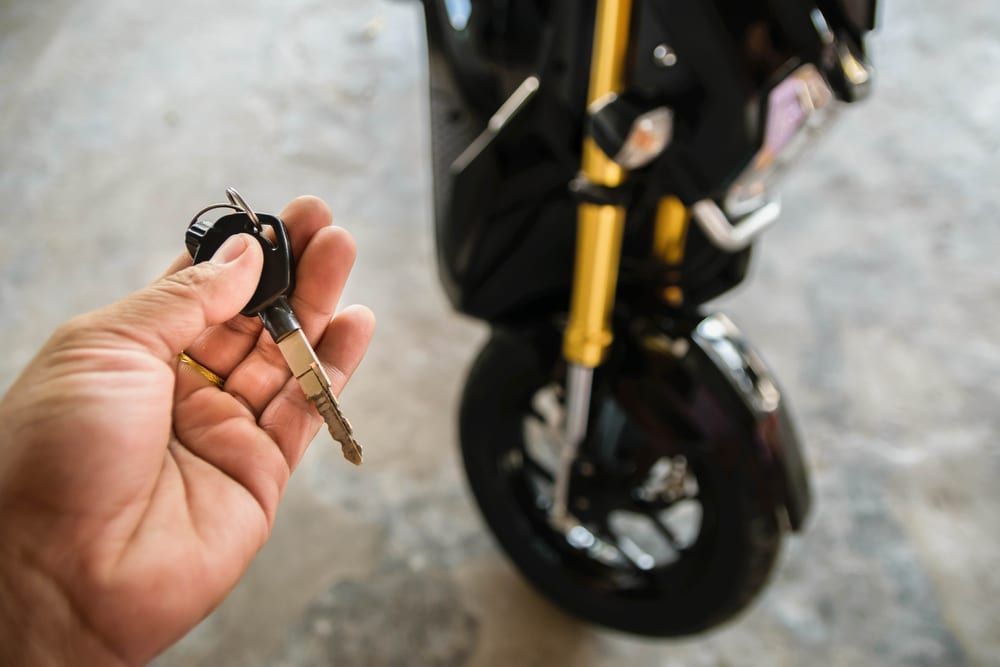
Key Replacement Options
When faced with the need for motorcycle key replacement, you have several options to consider. Each option offers its own advantages and considerations, depending on factors such as cost, convenience, and accessibility. Here are the key replacement options available:
1. Dealership Services
- Dealerships typically offer key replacement services for the specific make and model of your motorcycle.
- Authorized dealerships have access to manufacturer-approved key blanks and programming equipment.
- While dealership services may offer high-quality replacement keys, they often come with higher costs compared to other options.
2. Automotive Locksmiths
- Automotive locksmiths specialize in key cutting, programming, and duplication for a wide range of vehicles, including motorcycles.
- Locksmiths may offer mobile services, allowing them to come to your location for on-site key replacement.
- Choosing a reputable automotive locksmith can provide cost-effective and convenient key replacement solutions.
- You can call Brother's Locksmith for excellent Motorcycle Key-Replacement services!
3. Online Purchases and Services
- Online retailers offer a variety of motorcycle key blanks and replacement services for purchase.
- You can order replacement keys online and have them shipped directly to your location.
- Be cautious when purchasing replacement keys online to ensure compatibility and quality.
4. Hardware Store Solutions
- Some hardware stores may offer key cutting services for standard motorcycle keys.
- While hardware stores may provide convenient access to key cutting services, they may not have specialized equipment for transponder or electronic keys.
- Hardware store solutions are best suited for basic key duplication and replacement needs.
Key Replacement Process
The key replacement process involves several steps to ensure a successful outcome:
- Evaluate Key Type: Determine the type of key required for your motorcycle, such as a standard key, transponder key, key fob, or padlock key, based on your motorcycle's make, model, and year.
- Key Cutting and Programming: If opting for dealership services or automotive locksmiths, they will use specialized equipment to cut the key to the correct specifications and program it to work with your motorcycle's immobilizer system, if applicable. For online purchases, you may need to take the key to a locksmith for cutting and programming.
- Testing: After the key has been cut and programmed, test its functionality by inserting it into the ignition or lock cylinder. Verify that it turns smoothly and activates the necessary functions, such as starting the engine or unlocking the handlebars.
- Additional Steps (if needed): In some cases, additional steps may be required, such as registering the new key with your motorcycle's security system or updating any keyless entry settings.
Additional Considerations
In addition to understanding the key replacement process and exploring replacement options, there are several additional considerations to keep in mind when dealing with motorcycle key replacement. These considerations help ensure a smooth and successful key replacement experience. Here are some key points to consider:
- Moving a Motorcycle Without a Key: In situations where you need to move your motorcycle without a key, such as when the steering column is locked, consider alternative methods for transportation or seek assistance from a mobile locksmith.
- Keyless Ignition Systems: If your motorcycle features a keyless ignition system, familiarize yourself with the operation and backup options in case of key loss or malfunction.
- Availability of Motorcycle Key Locksmiths: Ensure that you have access to reputable motorcycle key locksmiths who specialize in key cutting, programming, and duplication for motorcycles.
- Precautions When Buying Keys Online: When purchasing replacement keys online, exercise caution to ensure compatibility with your motorcycle's make and model. Verify the reputation and reliability of the seller to avoid potential issues with quality or compatibility.
Conclusion
Navigating the process of motorcycle key replacement can be a daunting task, but armed with the right knowledge and understanding, it becomes a manageable and straightforward endeavor. Throughout this guide, we've explored the intricacies of motorcycle key replacement, from understanding the different key types to evaluating replacement options and considering additional factors.
By following the key replacement process diligently and considering factors such as cost, convenience, and security, you can ensure a smooth and successful key replacement experience. Whether opting for dealership services, automotive locksmiths, online purchases, or hardware store solutions, selecting the right option tailored to your specific needs is essential.
Call Us Any Time!
